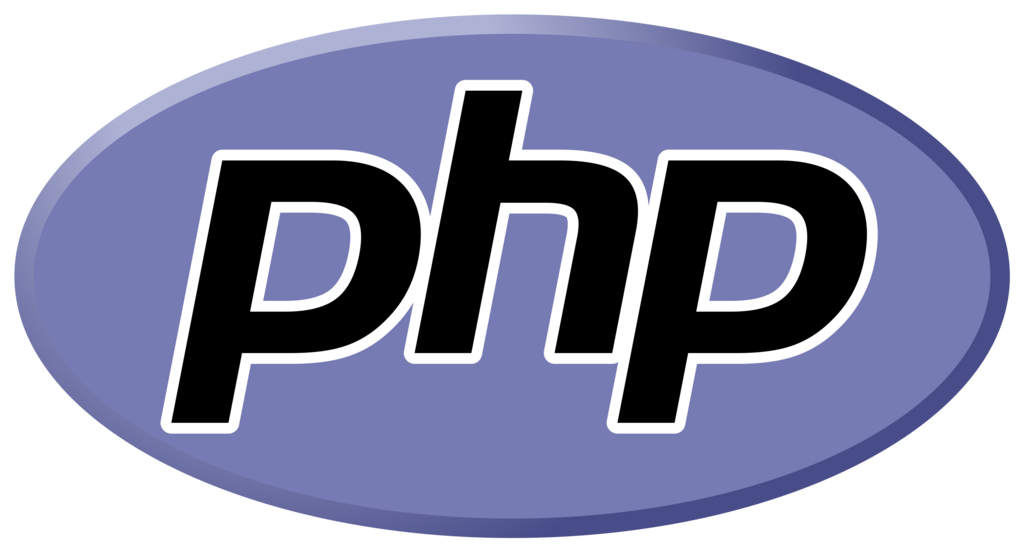Progressive Migration
We can help you migrate your legacy systems in stages, allowing you to minimize disruptions and maximize the benefits of the migration.
Progressive Migration is a method of moving systems and data from older technology to newer, more advanced technology in stages. This approach allows businesses to minimize disruptions and maximize the benefits of the migration. It also allows them to test and validate the new system before fully committing to it.

Pros and Cons of Progressive Migration
The Progressive Migration approach has several technical advantages over other migration strategies such as replatforming or full replacements. One key benefit is that it allows for a phased approach to migration. This means that the migration process can be broken down into smaller, manageable steps, which allows for a more controlled and less risky migration. Additionally, the Progressive Migration approach allows for the introduction of modern programming principles and technologies in a gradual manner, which can help to ensure that the codebase remains maintainable and scalable over time.
Another advantage of the Progressive Migration approach is that it allows for the preservation of existing investments in the codebase and infrastructure. This can help to reduce the overall cost of migration, as well as minimize business disruptions caused by the migration process. Furthermore, Progressive Migration approach enables to continuously improve the application during the migration process, instead of doing it all at once.
Additionally, Progressive Migration approach allows for the use of automated refactoring tools which can significantly speed up the migration process, while also helping to ensure that the codebase remains stable and functional throughout the migration.
It's important to note that the Progressive Migration approach may take longer than other migration strategies, as it involves a phased approach and may require more resources and expertise to implement. However, the benefits in terms of reduced risk and cost, and improved maintainability and scalability, make it a viable option for many organizations.
Assessment
Assessment
We start by conducting a thorough assessment of your legacy systems, including the technology stack, architecture, and data flow. This allows us to understand the current system and identify areas that can be improved through migration. Our team of experts will work closely with you to identify any potential pain points, bottlenecks, and areas for improvement. We'll take into account factors like scalability, security, and compliance to create a detailed report of your current state. This report will serve as the foundation for our migration roadmap and help ensure a smooth and successful migration.
Migration Roadmap
Based on the assessment, we develop a migration roadmap that outlines the steps we will take to migrate the system to a newer technology stack. This includes timelines, milestones, and deliverables. Our team of experts will work closely with you to understand your current infrastructure, identify areas for improvement, and map out a clear path to migrate your systems to the cloud. The process of creating a migration roadmap typically takes around 4-6 weeks, depending on the complexity of your current systems and the scope of the migration. Our team is typically made up of around 5-7 people, with a dedicated project manager overseeing the process.
Once the migration roadmap has been established, our team will work with you to implement the migration in a phased approach. This allows us to minimize disruption to your business and ensure that your systems are fully functional at every stage of the migration. Overall, the Progressive Migration process is designed to be as seamless and efficient as possible. Our team of experts will work closely with you to ensure that your systems are fully migrated to the cloud, with minimal downtime.
Server and PHP version upgrade
We begin by making sure the current application works on the latest server and PHP versions. Upgrading your server and PHP version allows you to take advantage of the latest security and performance enhancements, as well as introducing modern programming principles. However, this step can also come with its own set of challenges. It may require replacing some legacy libraries and adjusting existing code to ensure compatibility. But with the right tools and approach, these challenges can be overcome. At Dekkode, we specialize in server and PHP version upgrades, and can help guide you through the process with minimal disruption to your business. With our expertise and experience, we can help you to automatically refactor your code, and make the most of the latest technologies.
Introduction of a Proxy-Application
We introduce a proxy-application that forwards all requests to the legacy application. This allows us to keep the legacy application running while we work on the new system.
A proxy application is a powerful tool in the progressive migration approach. It acts as a middleman, routing requests to different parts of the system based on their migration status. Requests to already migrated features are directed to the modern application, while requests to not-yet migrated parts are directed to the legacy system. This allows for a seamless transition, as users can continue to access all parts of the system while the migration is ongoing. The proxy application also allows for testing and validation of the modernized application in parallel without impacting the legacy system. This approach helps to reduce risk and minimize the disruption to the existing system.
Progressive Migration in Hamburg!
Dependency injection
We introduce dependency injection to the application, which allows us to more easily manage dependencies and improve the overall structure and maintainability of the code.
New Feature Development
We add new features based on modern application best practices while the old features are still working as before. This allows us to gradually introduce new functionality to the system while minimizing disruptions to the existing system.
Refactoring and Replacement
We then replace old features step by step, either a complete feature or just refactor it a bit (such as introducing new services, using dependency injection, etc.) This allows us to update and improve the system while minimizing disruptions to the existing system.
Testing and Deployment
After the migration process, We thoroughly test the new system to ensure it meets the requirements and performs as expected. We then deploy the system to production and provide ongoing support and maintenance.
Our team of experienced developers and engineers work closely with you throughout the migration process, keeping you informed of progress and addressing any issues that may arise. Our goal is to deliver solutions that help you achieve your goals and drive success.
Related Technologies
We rely on modern frameworks, services and libraries that have proven themselves in practice. We continuously evaluate new technologies without chasing any trend.
When selecting right technology, it is important to us that it is sustainable. Too often frameworks today become legacy code tomorrow and the customer remains on his own. We avoid this by attaching importance to maintainable code and infrastructure that match the capabilities and business goals of our customers.
The advantage of static code analysis is particularly evident in large projects and those that have grown over time: We therefore prefer languages and frameworks that pay attention to strong typing.

